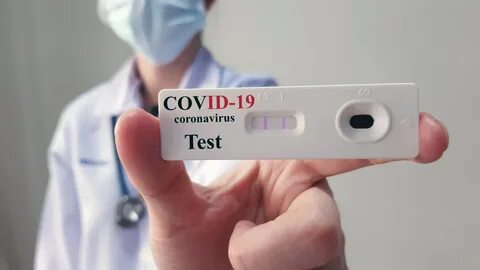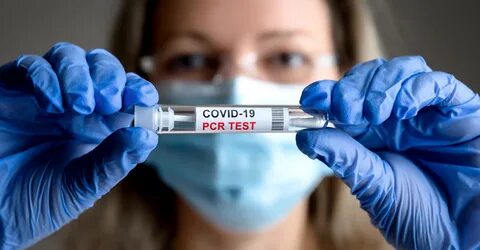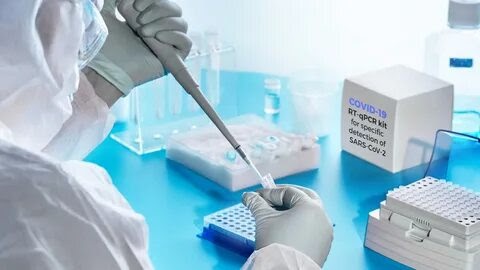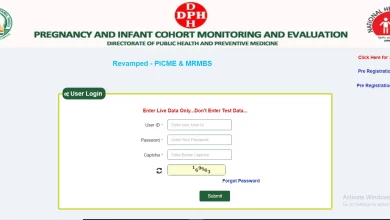Are All Covid-19 PCR Tests RT-PCR Tests?

Are all Covid-19 PCR tests a form of RT-PCR? The answer is no, but they can be considered RT-PCRs. RT-PCRs are a type of PCR that detects viral RNA. Because it is present in the body before symptoms and antibodies are formed, it helps detect infection early. The CDC 2019-nCoV Real-Time RP-PCR diagnostic panel can process three times as many samples as a separate influenza test.
The UC Davis Health COVID-19/flu PCR is highly sensitive and specific, but it can be time-consuming and inaccurate. The best PCR methods require specialized laboratory personnel and expensive machines. Patients must also be hospitalized and have their swabs cultured. The most accurate PCR test, the Covid-19 RT-PCR, can provide a correct result within four days.
A COVID-19 test can come back negative if you aren’t near the peak of the virus. The test quality can contribute to this false-negative rate, as high as 20 percent. PCR testing can help confirm whether you’re infected. Depending on the RT-PCR test used, false negatives can occur. It is advisable to use the PCR if you are unsure about the results.

Covid-19 PCR Tests
Although all Covid-19 PCR tests are RT-PCRs, not all of them employ the same techniques. In addition to being more accurate, a positive result does not mean that you’re infectious. If the test indicates that you’re infected, you should consult your doctor to confirm the results. This way, you can avoid unnecessary complications and potentially fatal diseases. When choosing the right Covid-19 PCR, it’s essential to consider all the factors involved.
The Swift Clinics has developed several laboratory tests to identify COVID-19 and SARS-CoV-2. They are widely used for detecting COVID-19. The CDC recommends this method over other tests to prevent and detect this virus.
The CDC uses an RT-PCR test to detect a specific virus. It is a form of RT-PCR and is approved by the FDA. There are many differences between the two tests. The CDC will discontinue the RT-PCR and the rapid antigen test. The newest RT-PCR is used to detect SARS-CoV-2.
RT-PCR Technique
The RT-PCR method relies on reverse transcriptase (DNA polymerase), a DNA-based enzyme, to make copies of the viral RNA. If enough copies are produced, a positive test result is considered positive. However, some RT-PCRs are more sensitive than others and may not accurately diagnose. These RT-PCR methods can also screen vast swab samples for diseases and their spread.
All RT-PCR tests will detect the virus’ DNA. This method is the only reliable way to identify Covid-19 in humans. In addition, CDC-approved in-vitro diagnostics is the fastest and most accurate way to diagnose and treat an illness. But, the CDC recommends that a person with a COV-2-positive RT-PCR test. The test is often the only reliable method of determining if a person is infected with the virus.
PCR is a type of diagnostic test that can be done at home. The RNA of the COVID-19 virus is found in secretions of a patient with COVID-19. The RT-PCR technique is an effective method to detect this virus in people with COVID-19 infections. It has a wide range of applications and has become the preferred test for diagnosing this infection.
COVID-19 Variants
COVID-19 PCR tests are designed to detect the viral DNA of COVID-19. It does not detect COVID-19 variants. Unlike RT-PCR tests, the antigen test does not amplify what it looks for. It requires the presence of a viral antigen in the sample. This means that the test strips must recognize the viral antigen. This virus does not have much presence in the throat and nose at this stage of infection, which means that a positive result may be reported as unfavourable.
The process of obtaining COVID-19 PCR test results is more complicated than most people think. The swab, RNA extraction and analysis are complex steps that take several days. The tests are also delayed due to COVID outbreaks and staffing problems. Regardless of the reason, the turnaround time for these tests is usually three to four business days. National statistics also reflect the increasing volume of patients requesting these tests.
PCR tests are highly accurate. The results of these tests are ninety percent accurate. They are considered the gold standard of testing and are mandatory in many countries. However, the effectiveness of these tests begins to wane as the disease advances, lowering to 70-71 percent from day nine today 11. By day twenty, the efficacy of COVID-19-PCR test results is less than thirty percent. The procedure generally requires swabs of the throat and nose.





